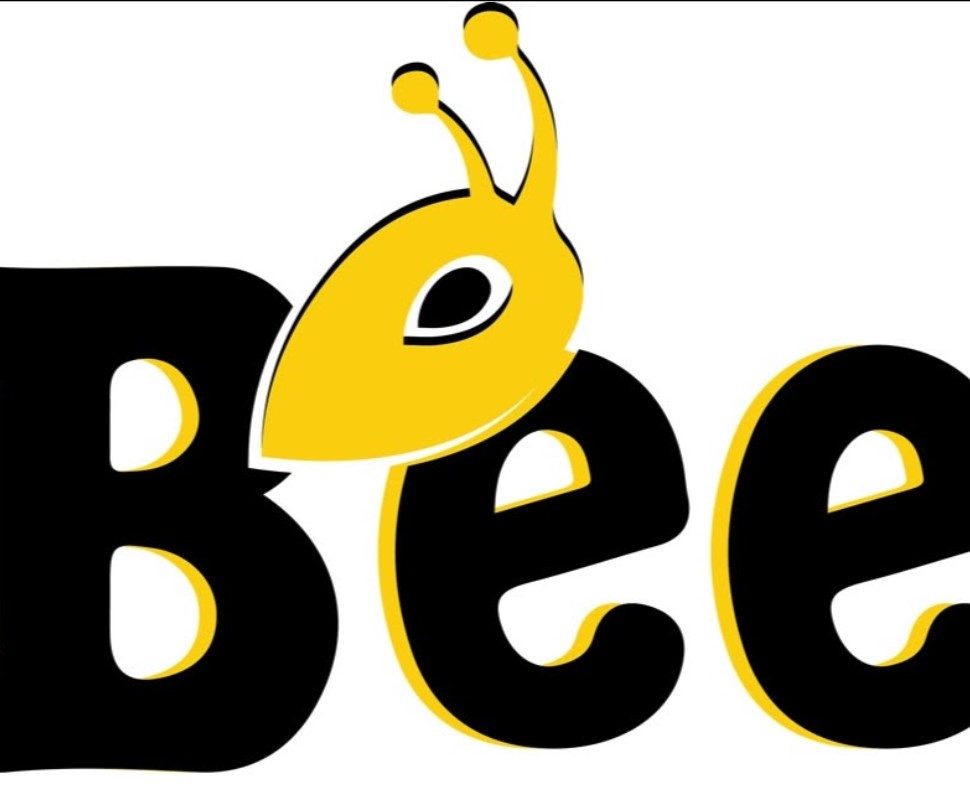Are you considering a career in the healthcare industry that doesn’t involve direct patient care but is equally vital for the smooth functioning of medical facilities? If so, a career in medical billing and coding might be the right path for you. In this blog post, we’ll explore what medical billing and coding entail, the educational requirements, and the promising opportunities this field offers.
What is Medical Billing and Coding?
Medical billing and coding are essential administrative functions within the healthcare sector. These roles ensure that healthcare providers receive accurate reimbursement for their services and maintain organized patient records. Here’s a breakdown of each role:
- Medical Coding: Medical coders translate patient diagnoses, procedures, and medical services into universal alphanumeric codes. These codes are used for billing, insurance claims, and maintaining patient records. Accuracy is crucial, as these codes impact reimbursement and patient care.
- Medical Billing: Medical billers use the codes provided by medical coders to create invoices for patients and insurance companies. They follow up on claims, verify insurance information, and ensure healthcare providers receive timely payments.
Why Choose a Career in Medical Billing and Coding?
- Growing Demand: The healthcare industry is expanding, and the need for skilled medical billing and coding professionals is on the rise. As the population ages, there’s a greater demand for healthcare services and, consequently, medical billing and coding expertise.
- Stability: Healthcare is considered recession-resistant. Regardless of economic conditions, people require medical care, making medical billing and coding a stable career choice.
- Short Training Period: Unlike some healthcare careers that require years of education, you can enter the field of medical billing and coding relatively quickly. Many programs can be completed in less than a year.
- Remote Work Opportunities: Medical billing and coding jobs often allow for remote work, providing flexibility and work-life balance.
Educational Requirements
To start a career in medical billing and coding, you’ll need to complete a training program and earn a relevant certification. These programs are offered by various vocational schools, community colleges, and online institutions. The two primary certifications you can pursue are:
- Certified Professional Coder (CPC): Offered by the American Academy of Professional Coders (AAPC), this certification is highly regarded and focuses on medical coding.
- Certified Billing and Coding Specialist (CBCS): Provided by the National Healthcareer Association (NHA), this certification covers both medical billing and coding.
During your training, you’ll learn about medical terminology, anatomy, and the various code sets, such as Current Procedural Terminology (CPT) and the International Classification of Diseases (ICD).
Career Opportunities
Upon certification, you can explore various career opportunities in medical billing and coding, including:
- Medical Coder: Working in hospitals, clinics, or insurance companies, medical coders ensure accurate coding of diagnoses and procedures for billing and insurance claims.
- Medical Biller: Medical billers handle insurance claims, patient billing, and payment follow-ups, ensuring healthcare providers receive reimbursement.
- Medical Records Technician: These professionals manage patient records, ensuring they are accurate, secure, and accessible when needed.
- Medical Claims Analyst: Analyzing insurance claims for accuracy and compliance with regulations is a critical role in the insurance industry.
- Medical Office Manager: Experienced professionals may advance to managerial roles, overseeing the medical billing and coding department in healthcare facilities.
In conclusion, a career in medical billing and coding offers stability, a relatively short educational path, and remote work possibilities. It’s a rewarding field that plays a crucial role in the healthcare industry’s efficient operation. If you’re detail-oriented, organized, and interested in healthcare administration, pursuing a career in medical billing and coding could be a wise choice for your future.

